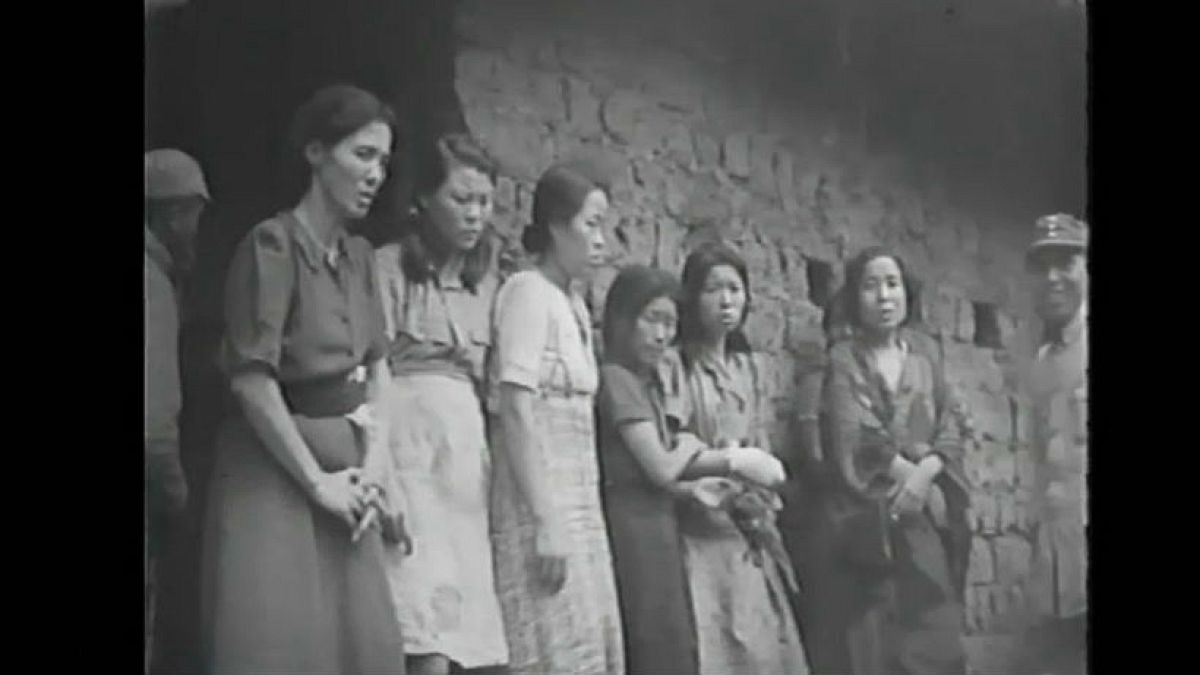South Korean Foreign Minister Kang Kyung-wha apologised for the controversial deal as a panel appointed by her in July to investigate the negotiations leading up to the 2015 agreement unveiled its results.
Up to 200,000 South Korean women were forced to work in Japan's wartime military brothels.
Euphemistically known as the "comfort women", they were often coerced or deceived—lured with the offer of paid work as cooks or cleaners.
Following an investigation into the negotiations leading up to a 2015 agreement with Japan to compensate the World War Two sex slaves, South Korea has concluded that it failed to meet the needs of the victims.
The investigation concluded that the dispute over the "comfort women", could not be "fundamentally resolved" because the victims' demand for Japan's legal compensation had not been met.
The South Korean government will now review the panel's findings and consult again with victims, Foreign Minister Kang Kyung-wha told a news conference.
The existing agreement "failed to sufficiently reflect a victim-oriented approach, which is the universal standard in resolving human rights issues", she said.
In response, Japan said any attempt to revise the deal would be unacceptable, throwing ties into doubt as both countries seek to rein in North Korea.
“The Japan-South Korea agreement is an agreement between the two governments and one that has been highly appreciated by international society,” Japanese Foreign Minister, Taro Kono, said in a written statement.
“If the South Korean government ... tried to revise the agreement that is already being implemented, that would make Japan’s ties with South Korea unmanageable and it would be unacceptable.”
Historians say tens of thousands of women around Asia were sent to work in Japanese military brothels, often through coercion and deception.
Japan apologised in 1993 but the issue has remained an open rift with its neighbours, particularly South Korea, which has strong memories of Japan's brutal colonisation from 1910 to 1945.
In 2011, activists erected a statue of a girl which they called a 'peace monument' outside the Japanese embassy in Seoul, calling for a proper apologies to the victims.
For many Japanese officials, the presence of the 1.5-metre bronze of a barefoot teenage girl in a traditional "hanbok" dress, is a symbol of South Korea's unwillingness to lay the issue to rest.
It's also seen as an affront to its national dignity that should not be permitted by Seoul.
In the 2015 deal, Japan and South Korea agreed that Tokyo would pay one billion yen (over 6 million euros) to support the 46 surviving South Korean victims, and both sides pledged to avoid actions that would antagonise the other.
But the issue remains a key source of tension between Seoul and Tokyo.


